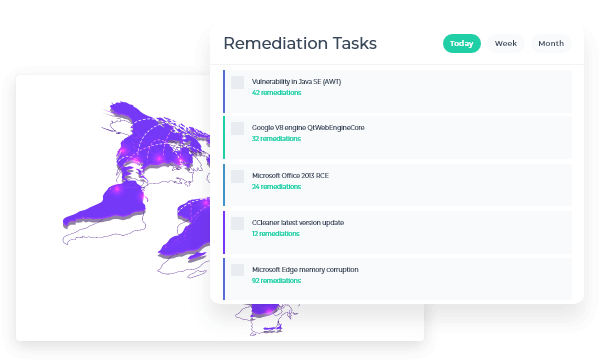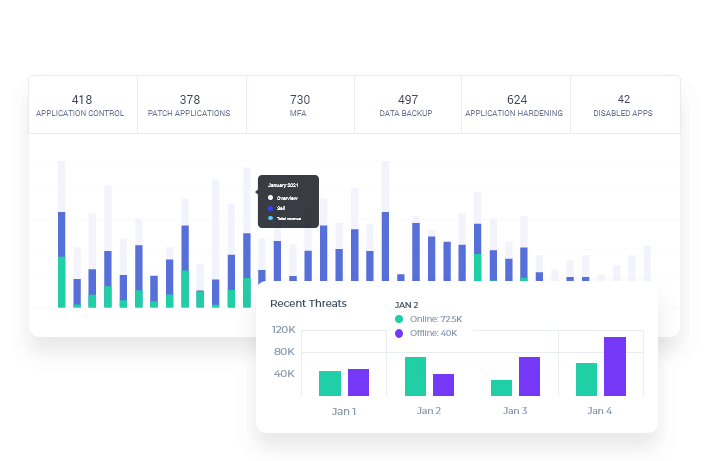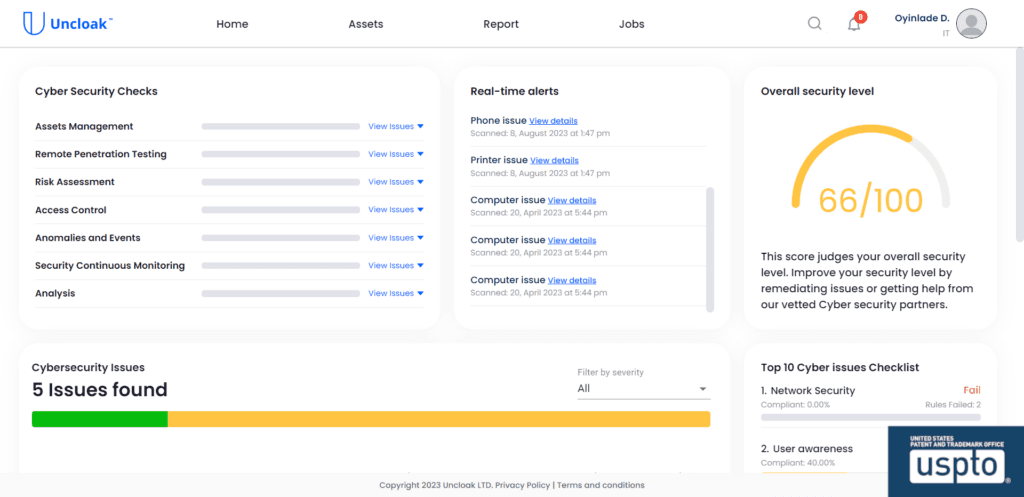Our Industries ➔
Security in the automotive industry raises several distinct challenges around the manufacturing plant infrastructure as well as the connected vehicle and across enterprise IT systems. These challenges appear at every stage of the 1) plan 2) build 3) run lifecycle. All elements needs to be covered in order to prevent, detect and respond to security threats.


Our services to support your end to end security are built around the in depth paradigm. During plan and build our offers include strategy, assessment and implementation. They also address the three main areas of the connected vehicle, manufacturing and enterprise IT.
We aim to put practical measures in from the start so that security is an integral part of the deliverable output.
Regardless of the plan, some security issues will not be caught. Therefore, we aim to help you react efficiently with predefined responses to any given type of attack.
Generally speaking, NIST guidance provides the set of standards for recommended security controls for information systems at federal agencies. These standards are endorsed by the government, and companies comply with NIST standards because they encompass security best practices controls across a range of industries – an example of a widely adopted NIST standard is the NIST Cybersecurity Framework. NIST standards are based on best practices from several security documents, organizations, and publications, and are designed as a framework for federal agencies and programs requiring stringent security measures.
In many cases, complying with NIST guidelines and recommendations will help federal agencies ensure compliance with other regulations, such as HIPAA, FISMA, or SOX. NIST guidelines are often developed to help agencies meet specific regulatory compliance requirements. For example, NIST has outlined nine steps toward FISMA compliance:
Let us secure your business against cyber threats, so you can get on with the important stuff.
Get in touch with our cyber experts today.
